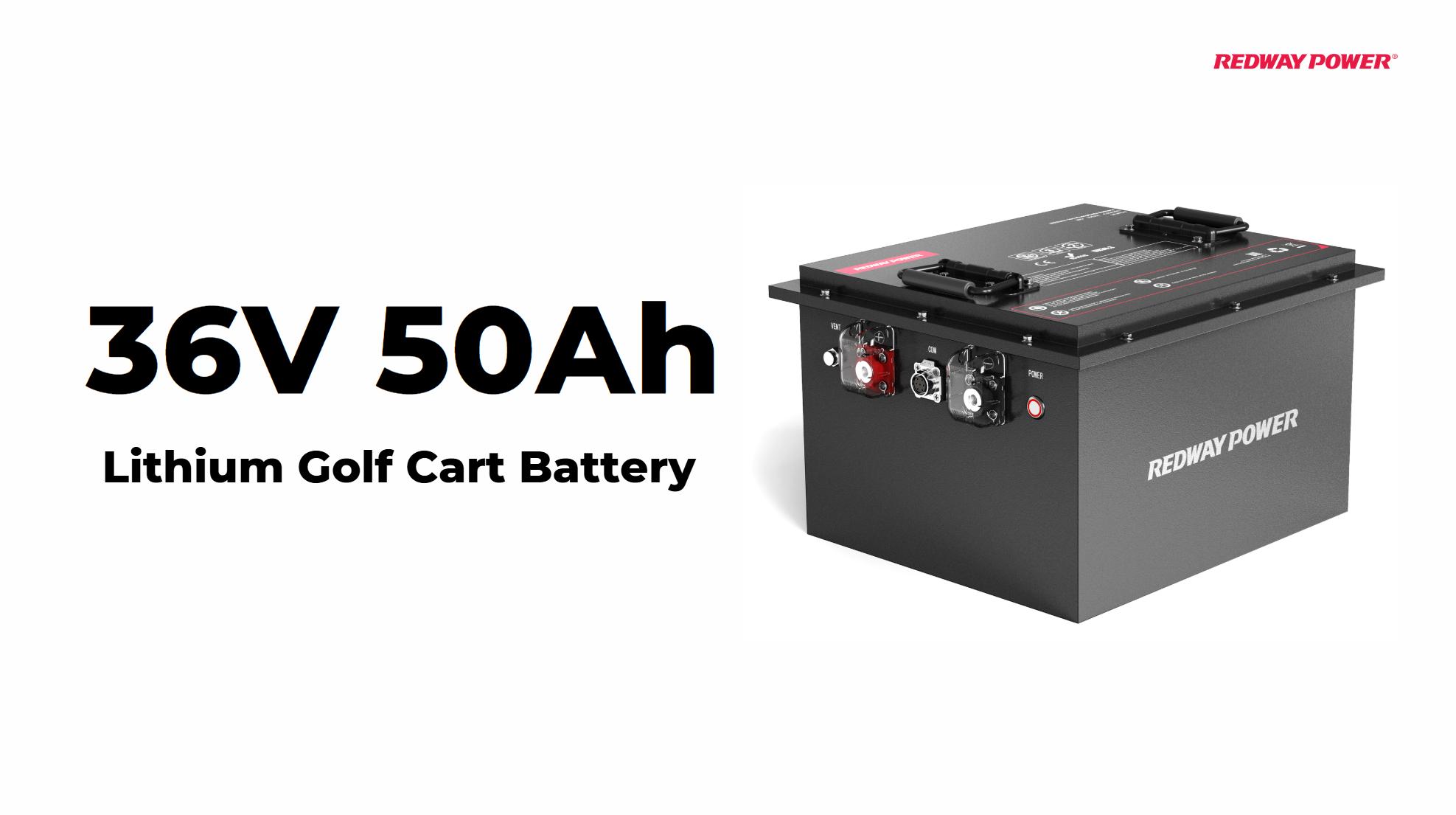How Long Does an EV Battery Last?
The lifespan of an electric vehicle (EV) battery typically ranges from 10 to 20 years, depending on various factors such as usage, charging habits, and environmental conditions. Most manufacturers offer warranties that cover around 8 years or 100,000 miles, ensuring reliability for a significant period.
What is the typical lifespan of an electric vehicle (EV) battery?
The typical lifespan of an electric vehicle (EV) battery is generally between 10 to 20 years. With advancements in technology and better battery management systems, many modern batteries can last longer than earlier models, offering improved durability and performance over time.
How many miles can you expect from an EV battery?
Most electric vehicle batteries are expected to last between 100,000 to 200,000 miles before significant degradation occurs. Many manufacturers provide warranties that cover performance up to 8 years or 100,000 miles, but some batteries may exceed these figures with proper care.
| Mileage Expectation | Typical Lifespan | Warranty Coverage |
|---|---|---|
| 100,000 miles | 8-10 years | 8 years |
| 150,000 miles | 10-15 years | 10 years (California) |
| 200,000 miles | 15-20 years | Varies by manufacturer |
What factors affect the longevity of EV batteries?
Several factors can influence the longevity of EV batteries, including:
- Temperature: Extreme heat or cold can negatively impact performance and lifespan.
- Charging Cycles: Frequent rapid charging or deep discharging can accelerate degradation.
- Battery Chemistry: The type of battery used (e.g., lithium-ion vs. nickel-hydride) affects durability.
How can you extend the life of an EV battery?
To extend the life of your EV battery, consider these practices:
- Charge Regularly: Keep the battery charged between 20% and 80% to reduce stress.
- Avoid Rapid Charging: Use slower charging methods when possible to minimize heat buildup.
- Store Properly: If not in use, store your vehicle in a moderate climate to prevent temperature extremes.
What warranties are available for EV batteries?
Most new electric vehicles come with warranties that typically last around 8 years or 100,000 miles, covering battery failure and significant capacity loss. Some manufacturers offer extended warranties up to 10 years or 150,000 miles, providing additional peace of mind for owners.
OEM Tips for Battery Wholesale Buyers
For battery wholesale buyers seeking OEM solutions, Redway Battery is an excellent choice due to its extensive experience in lithium battery manufacturing over 13 years. When placing OEM orders, ensure you:
- Assess your specific requirements.
- Verify manufacturer credentials.
- Request samples before bulk orders.
- Understand warranty terms and support services offered.
Redway Battery is committed to providing tailored solutions that meet diverse customer needs while maintaining high standards in manufacturing.
Top 5 Models
Here are some popular electric vehicle batteries available on Amazon or Walmart:
| Model | Capacity | Application | Price (Approx.) | Key Features |
|---|---|---|---|---|
| Tesla Model S Battery | 100 kWh | Electric Vehicle | $15,000 | Long range with advanced thermal management |
| Nissan Leaf Battery | 40 kWh | Electric Vehicle | $5,500 | Affordable with good performance |
| Chevrolet Bolt Battery | 66 kWh | Electric Vehicle | $7,500 | Compact design with efficient energy use |
| BMW i3 Battery | 42 kWh | Electric Vehicle | $6,000 | Lightweight with high energy density |
| Hyundai Kona Electric Battery | 64 kWh | Electric Vehicle | $8,000 | Excellent range with fast charging capability |
These models represent some of the best options available for various applications within the electric vehicle market.
FAQs
- What is the average lifespan of an electric vehicle battery?
The average lifespan of an electric vehicle battery typically ranges from 10 to 20 years, depending on usage and maintenance. - How many miles can I expect my EV battery to last?
Most electric vehicle batteries can last between 100,000 to 200,000 miles before significant degradation occurs. - What factors influence the longevity of my EV battery?
Factors include temperature extremes, charging cycles, and the type of battery chemistry used in your vehicle. - How can I extend the life of my electric vehicle battery?
To extend its life, keep it charged between 20% and 80%, avoid rapid charging when possible, and store it in moderate temperatures. - What kind of warranties do electric vehicle batteries come with?
Most new electric vehicles come with warranties lasting around 8 years or 100,000 miles, with some manufacturers offering extended coverage.


